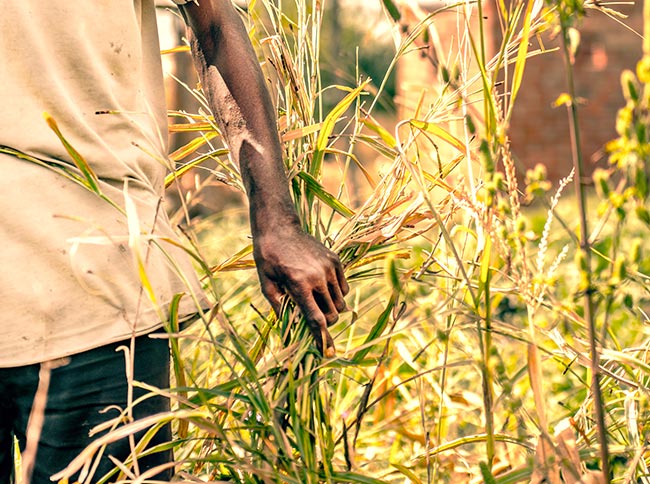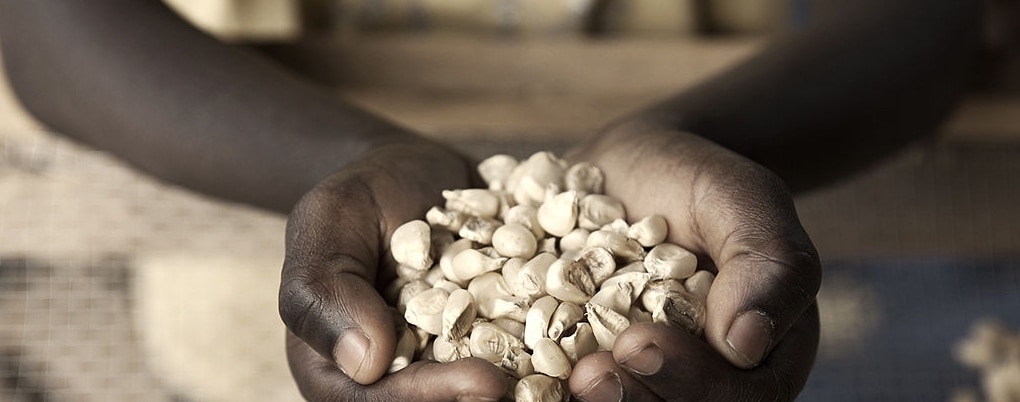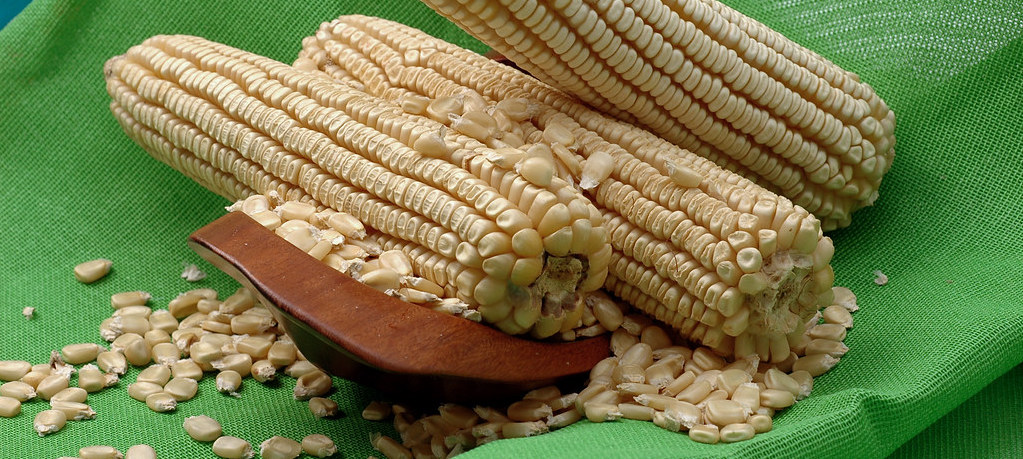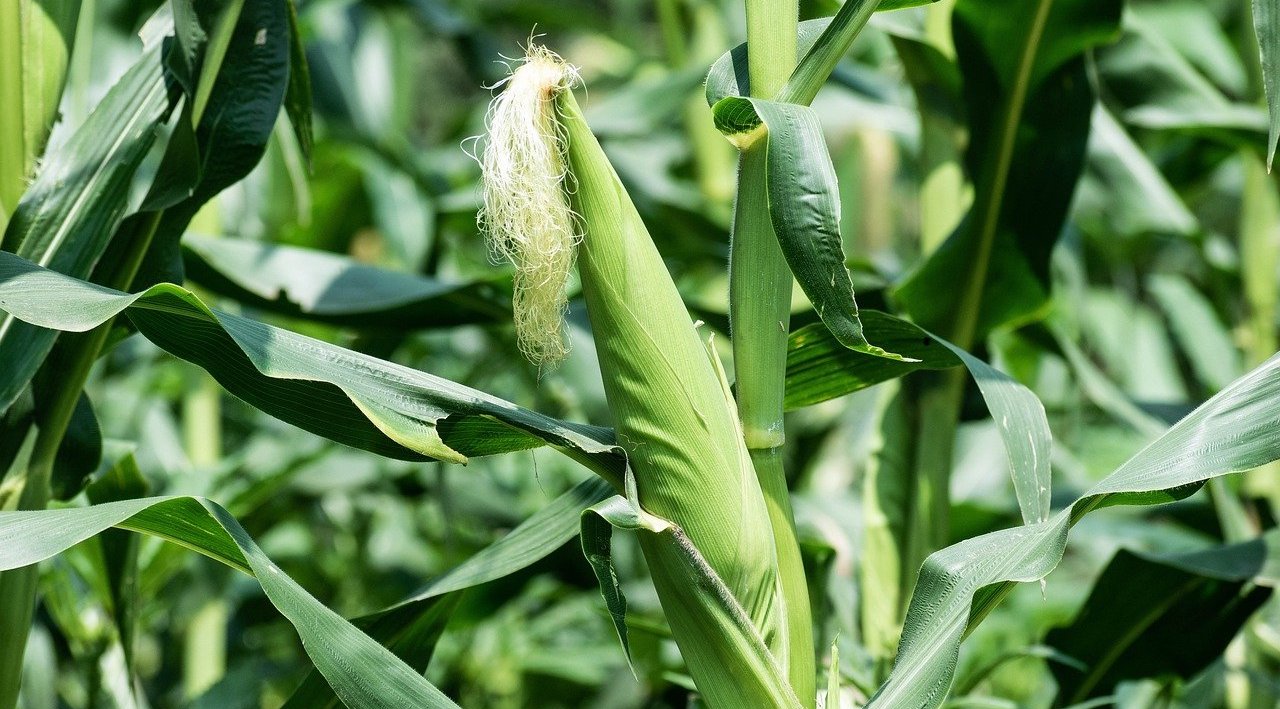The Kenyan ministry of agriculture places the average age of a farmer at 60 against a life expectancy of 65. The government faces a huge challenge in luring youth into agriculture to fill the gap.
As Government grapples with this huge challenge, one man – Reuben Mumbe Kiia, 105, from Makueni is not ready to retire, not yet. He still finds a lot of meaning, and profit, in agriculture.
“We used to till our land and produce a lot of food such as maize, grains, sorghum without limitations, but today climate change has beaten us and disorganized the way we do our farming,” says the oldest and most celebrated member of the Kyambeke Kyamoni Farmers group.
While appreciating the current challenges such as diminishing land size, surging population, depleting natural resources, poor soils and erratic rainfall and competition from other economic activities such as real estate, Kiia acknowledges the space of new technologies that have sustained production and kept farmers like himself profitable. “We used to till our land and produce a lot of food such as maize, grains, sorghum without limitations, but today climate change has beaten us and disorganized the way we do our farming,” he explains.
At his age, Kiia is one of the very few who have experienced agriculture at its lowest and highest. His insights as a member of the Kyambeke group -which comprises of farmers young enough to be his great grand children – have been invaluable.
“Our land here cannot be tilled by tractor because of the sloppiness. But I have learnt how to go about cultivating and planting right, putting the accurate fertilizer and also harvest in time to avoid the post-harvest loses”, he said.
Although he engages a farm hand now because of his advancing age, Kiia who has witnessed five generations soldiers on for his family.
“I had 14 children, but remaining with seven four sons and three daughters. The sons are all working in Nairobi but one is in Rwanda and the daughters all married. Although I know I have quit farming at some point, am and not planning to do so in the near future. I am doing all this for my kins who should follow suit and carry on membership the group,” he added.
The chairman of the group Julius Mavuti says farmers like Kiia have benefitted enormously after joining as they are able to improve their farming by using new technologies and improved agronomic practices. This has been from support received from AGRA supported organizations and partners such as East African Grain Council (EAGC) and Farm Input Promotion Services (FIPS).
“EAGC taught us how to properly till our land, use fertilizer and manure and even ensure good storage so that we can get good markets for our produce as they link us with the traders,” said Mavuti .
Mavuti said that the grain council has also offered support on digital weighing machine acquisition which they use to ensure they get the right weight and protect themselves against being exploited by middlemen and other traders.
EAGC has been sensitizing farmers through farmers groups in aggregation, post-harvest handling and creation of increase market linkages in order to empower them in their production.
“White collar jobs are decreasing while demand for food is increasing as a result of population growth. This requires us to rethink how we are producing our food,” added Kiia.
Maize is still the dominant staple food consumed by over 80 percent of rural households in Kenya and its farming has been a very good source of employment to many farmers who invest money and time in order to make ends meet.
Although farmers have been giving up on the crop especially due to climate change, organizations such as AGRA have through grantees been able to introduce new technologies to the farmers in order for them to sustain their families.






